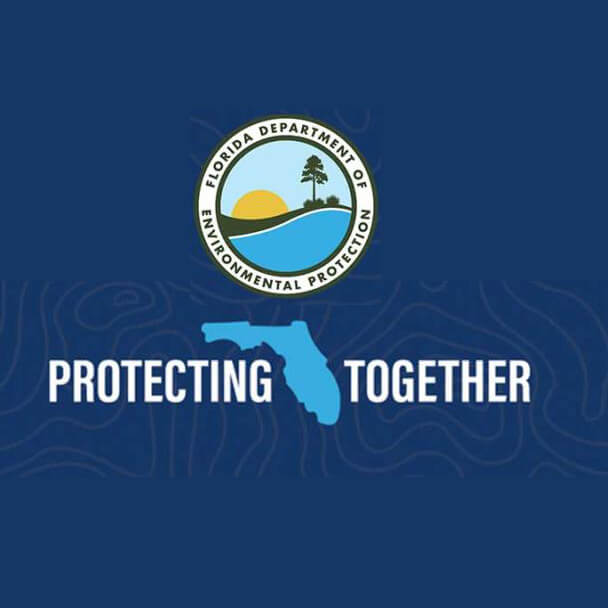The Crucial Role of Florida Citizens in Drinking Water Conservation
Water is a fundamental resource that sustains life, and in the state of Florida, the preservation of this vital commodity is of utmost importance. With its unique geography and reliance on aquifers, Floridians play a significant role in ensuring the availability and quality of drinking water for present and future generations.
The State of Florida's Drinking Water
Florida's drinking water primarily comes from underground aquifers, which are susceptible to contamination due to various human activities. The Floridan Aquifer, one of the most significant sources, supplies water to millions of residents. Contaminants such as pesticides, fertilizers, and industrial discharges pose a threat to the purity of this underground water source.
The Importance of Conservation
Conserving water is not just a responsibility of the government or industries; it is a duty that every citizen must actively undertake. Water conservation ensures the sustainable use of this precious resource and helps mitigate the impact of droughts and increasing water demand.
Ways Citizens Can Contribute
1. Reduce Household Water Usage: Simple changes in daily habits can make a significant impact. Repairing leaks, using water-efficient appliances, and being mindful of water consumption during activities such as dishwashing and showering are crucial steps.
2. Proper Disposal of Household Chemicals: Improper disposal of household chemicals can lead to groundwater contamination. Following guidelines for disposal and participating in community hazardous waste collection events can prevent pollutants from entering aquifers.
3. Supporting Local Environmental Initiatives: Active involvement in local environmental groups and initiatives can contribute to the protection of water sources. Volunteering for clean-up events, tree planting, and educational programs helps raise awareness and fosters a sense of community responsibility.
4. Advocacy for Sustainable Practices: Citizens can advocate for policies that promote sustainable water management. Engaging with local government officials, supporting water conservation legislation, and staying informed about environmental issues are effective ways to contribute to positive change.
Government Initiatives
While individual efforts are crucial, government initiatives play a pivotal role in safeguarding Florida's drinking water. Strict regulations on industrial discharges, agricultural runoff, and wastewater treatment are essential for preventing contamination. Continuous monitoring and enforcement of these regulations are imperative for the protection of water sources.
Conclusion
Florida's drinking water is a shared resource that requires collective responsibility. Each citizen plays a crucial role in water conservation through daily practices and active participation in community initiatives. By understanding the challenges, supporting sustainable practices, and advocating for responsible policies, Floridians can contribute to ensuring a safe and abundant drinking water supply for generations to come.





